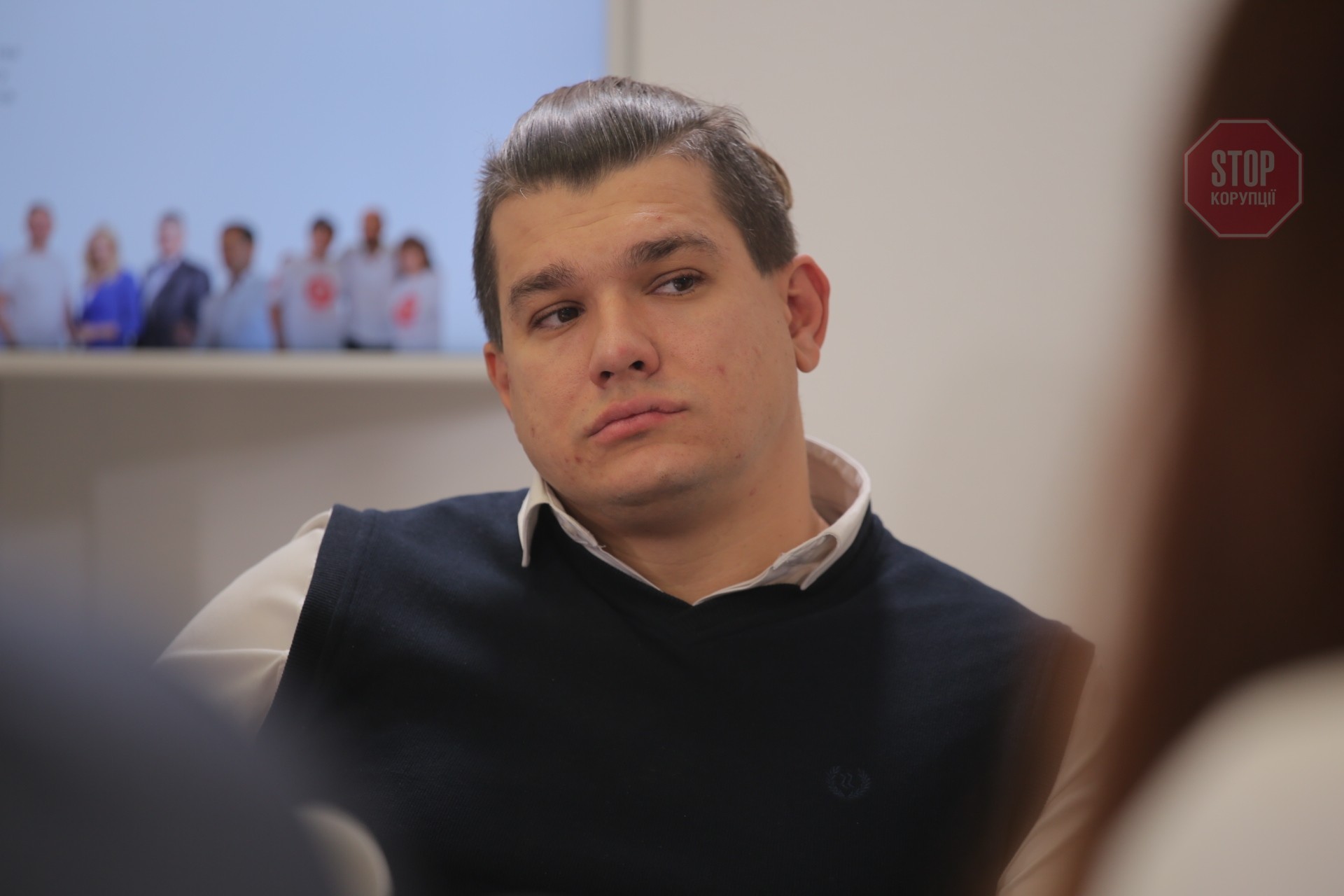16 лютого Верховна Рада у другому читанні ухвалила законопроект, який передбачає істотне посилення покарання для водіїв, які сіли за кермо в стані наркотичного або алкогольного сп’яніння. Також є норми про збільшення штрафів для пішоходів і за непропуск на дорозі машин, що їдуть зі спецсигналами – швидких і рятувальників. Поки що документ не підписав президент, і він ще не опублікований. З цього приводу експерти-адвокати під час пресконференції проаналізували нові норми і обговорили, наскільки вони будуть ефективними.
Експерти-юристи зійшлися в єдиній думці про те, що якщо закон набере чинності, то потрібно реформувати систему, за якою доводитимуть провину водіїв у разі адміністративного порушення. Оскільки зараз у нашій країні діє презумпція вини щодо водіїв, і навіть відмова пройти медичний огляд через низку особистих причин уже вважається адміністративним порушенням.
Адвокат Ігор Сєрков наголосив, попри те, що за останні кілька років штрафи підвищуються регулярно, тенденції до зниження кількості аварій не спостерігається. Єдине, що, на думку правозахисника, є позитивним у цьому законопроєкті, – це посилення покарання за водіння в стані сп’яніння і за непропуск автомобілів сецслужб (швидкої допомоги і рятувальників, – прим. ред.).
“Я вважаю, що давати поліцейським такі повноваження, оцінювати правий він чи не правий за таких сум штрафу, це неправильно. Нам необхідно змінити всі умови: і поведінку водіїв, і умови набору поліцейських у патрульну поліцію, дорожню інфраструктуру і так далі”.
Зазначимо, норми, проти яких активно виступали водії, і навпаки, наполягали силовики, а саме – огляд автомобілів без приводу і передача в руки патрульних інспекторів водійського посвідчення, було виключено з кінцевого варіанта законопроекту, підготовленого до другого читання. Але остаточний текст документа поки що невідомий доти, доки його не опублікували.
Адвокат із ДТП Вадим Володарський зазначає: “Ось це найрадикальніше підвищення штрафів за керування в стані алкогольного сп’яніння, на мій погляд, це абсолютно не призведе до якогось істотного результату. Чому? Уявімо людину, яка сідає за кермо в стані сп’яніння. Вона це може робити з двох причин. Або вона перебуває в такому стані, коли не дуже розуміє, що вона робить і які можуть бути наслідки. Або ж він розраховує з тих чи інших причин, що цієї відповідальності він не понесе. Або, що його не зупинять, або він сховається від поліції, або що відкупиться і таке інше”. На думку експерта, у такому разі для водія не має значення сума цього штрафу. Він усе одно сяде за кермо і поїде. А зменшення кількості п’яних за кермом не корелюється із сумою штрафу, яка підвищувалася в останні кілька років. І вплинути таким чином на ситуацію кардинально – практично нереально.
Адвокат розповів, що в Україні досить часто зустрічається з боку патрульних поліцейських складання протоколів за нетверезу їзду абсолютно необґрунтовано. У таких випадках водії сприймають штраф як лотерею або, як підкреслив Вадим Володарський, “як податок за їзду по дорогах”. “Тому ось такими ось заходами, як одностороннє розширення повноважень поліції, одностороннє збільшення штрафів, без забезпечення реального права на захист у разі необґрунтованих підозр неможливо якимось чином поліпшити ситуацію на дорогах”, – резюмував Вадим Володарський.
Директор Консалтингової компанії William Invest Expert Віктор Медвідь висловив думку про те, що для МВС цей законопроєкт був важливий, тому що він підвищує прибутковість МВС. Основне завдання МВС – збільшувати доходи державного бюджету. По суті, закон виконує фіскальну роль. “Друге питання – неспівмірність доказів. Коли були попередні суми, можна було б залишати ту процедуру доведення вини, яка була. Зараз, коли це суми вже досить суттєві, то форма доказу вини у правопорушенні про стан сп’яніння неспівмірна з тими сумами, на які штрафують. Іншими словами, діє презумпція вини. По суті, співробітнику правоохоронних органів не потрібно доводити провину людини. А, пославшись на те, що водій відмовився від огляду, притягнути його до відповідальності. Тому процедура доведення має бути більш чітко прописана в цьому випадку”.
Що стосується посилення штрафів для пішоходів, то норма, на думку експертів, дуже доречна. Оскільки пішоходи часто зловживають своєю перевагою переходу. І часто стають причиною серйозних ДТП. Але, з огляду на загальну безтурботність жителів нашої країни – це навряд чи стимулюватиме їх до відповідальної поведінки на дорозі.
